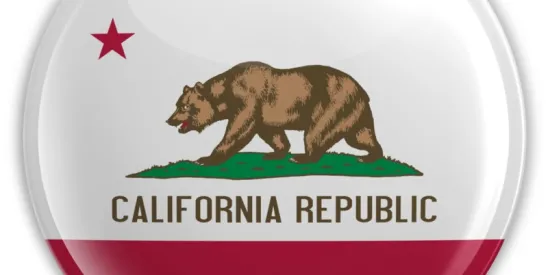Given the litigious environment in California, employers operating in the state are in great need of enforceable general release terms in severance and settlement agreements. California employers entering into severance or settlement agreements will want to be aware of the amendment to California Civil Code Section 1542.
Almost every severance or settlement agreement involving a California employee will include a Civil Code Section 1542 waiver. Typically, when entering into a severance agreement or settlement agreement, employers seek a release not only of the dispute at hand but also a general release of liability. Civil Code Section 1542 contains waivable language intended to prevent a releasor from inadvertently waiving unknown claims merely by signing a general release. Including a recitation of Civil Code Section 1542 and a waiver of its provisions in a severance or settlement agreement ensures that the releasing party consciously releases unknown claims that may be later discovered.
Effective January 1, 2019, the general release language provided in Section 1542 has been slightly amended to read:
A general release does not extend to claims that the creditor or releasing party does not know or suspect to exist in his or her favor at the time of executing the release and that, if known by him or her, would have materially affected his or her settlement with the debtor or released party.
The text below reflects the changes made to the previous Section 1542 language:
A general release does not extend to claims
whichthat the creditor or releasing party does not know or suspect to exist in his or her favor at the time of executing the release,whichand that if known by him or her,mustwould have materially affected his or her settlement with the debtor or released party.
This statutory amendment resulted from California Senate Bill No. 1431. As Section 3 of the bill states, the amendments “are declaratory of existing law.” Other than grammatical tweaks, the amended version of Section 1542 adds “releasing party” and “released party” alongside “creditor” and “debtor” and also changes “must have materially affected” to “would have materially affected” regarding the creditor’s or releasing party’s decision to settle.
California employers may want to update their templates and checklists of California compliance items and use this new language to limit potential concerns with the release of unknown claims under Section 1542.





 />i
/>i

